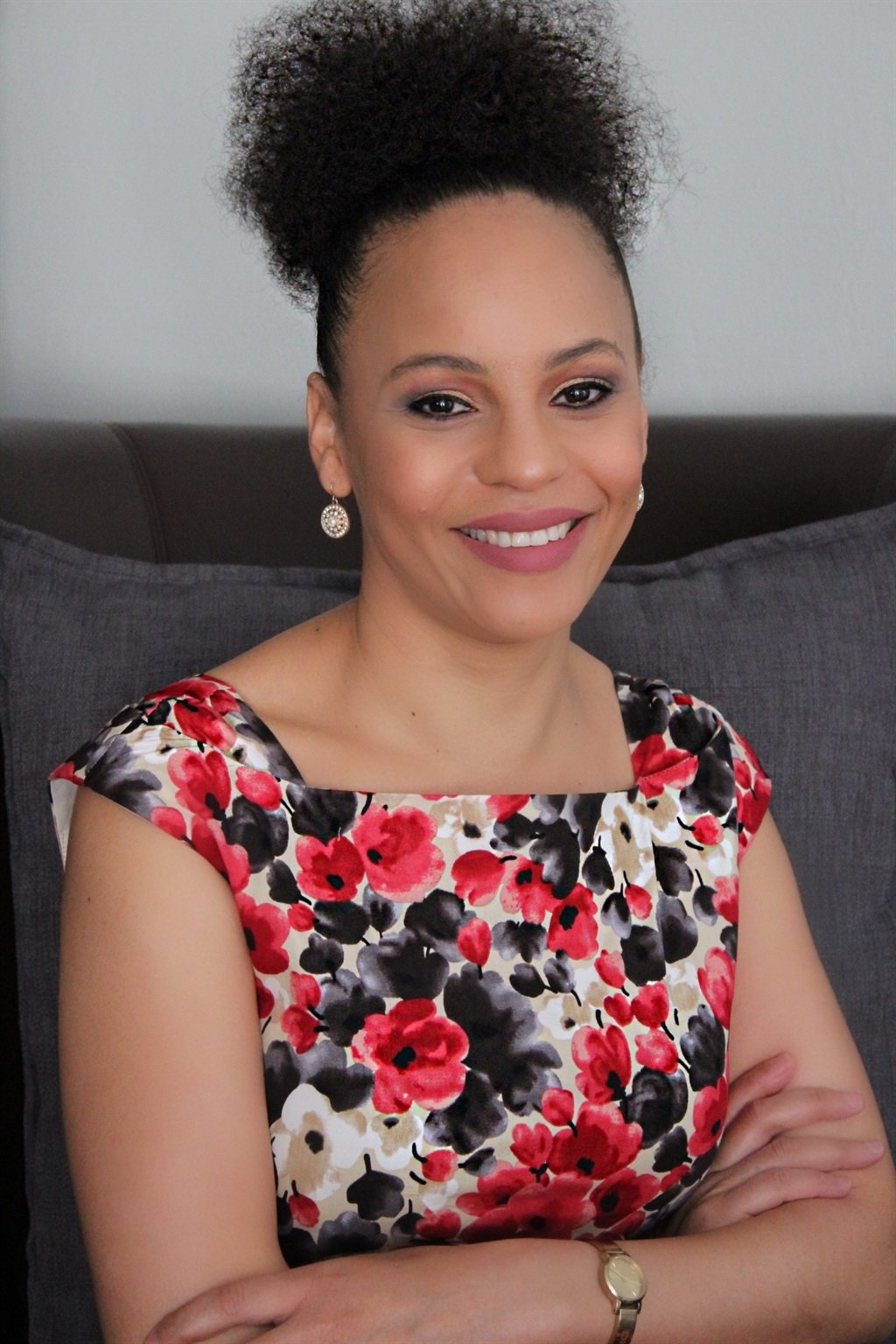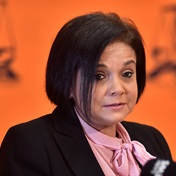
Pupils need to be inspired from an early age, at their schools, to get a thorough grounding in science.
This is the belief of Dr Soraya Malinga, a senior lecturer and researcher at the University of Johannesburg’s department of applied chemistry. She has been at the forefront of research focused on nanotechnology and water pollution, successfully developing a membrane to remove arsenic, a poisonous substance, from water. Malinga’s research focuses on untreated water and the solutions which can be presented to tackling these challenges.
“Untreated water is one of the top major problems all over the world especially in the developing countries of which South Africa and most African countries make up the number in these statistics. Currently, the demand for safe drinking water has increased dramatically worldwide due to population growth, development of urban life and industrialisation,” says Malinga, who has authored and co-authored 22 papers that have been published in peer review journals.
She says that polluted water limits the availability of water that can be used for water consumption, which affects the quality of human life.
Despite being a senior researcher, Malinga, who grew up in Swaziland, is a mother of two boys and happily married, proving that science doesn’t have to be an all-consuming profession and that women really can have it all.
“Being a woman in science and doing research has been an incredible experience. I am very fortunate to be part of an institution that supports emerging researchers like myself. I am currently part of a mentoring programme that was established by my institution. I have a mentor who gives guidance on how to address challenges that I might face in terms of achieving my career goals. A career development plan is also drawn annually, where I set realistic target for myself and work towards achieving them. This has had a huge effect on my research career as I have been able to secure several funding tools for my research and also forge very important collaborations locally and internationally.”
Every year Malinga gets involved with national science week, an initiative spearheaded by the department of science and technology to encourage schools to showcase the wonders of science to their pupils.
“National science week is a programme that is aimed at creating awareness in science. This is beneficial to the learners as we try and develop interest in science at a very young age and thus motivating them to take up science when they enrol at university.”
Malinga believes that hard work will get any pupil through science, and that one should not be intimidated from taking up a career in science.
“Learners always fear sciences and I just want to reassure them that as long as you are focused, work hard and persevere, be consistent in what you do you will never lose track in what you aspire to be. Be it science or any other field. There is always a misconception that in order for one to pursue sciences you have to be exceptionally brilliant. This is not true because I have had classmates who were very brilliant at school but just didn’t make it a university because they could not keep up with pressures of being at a tertiary institution. However, if you remain focused and work hard you will succeed in whatever career path you have chosen.”
Malinga is adamant that science should be introduced to learners at a young age in order to stimulate their interest later on.
“There is a growing concern that there are not enough scientists globally and locally to sustain us for the future. In my opinion we need to start inspiring learners at a very early stage and give them thorough grounding in science at schools. As educators we also need to make science ‘real’ by linking what we do in class to what is practised in industry and business. Campaigns such as the use of media are needed through social media, radio and television for example, to educate students more about science and technology.”
Malinga also suggests the introduction of mentorship programmes at schools to assist learners to formulate career development skills at an early stage.
“Finally, educate learners at schools about women scientists who have made immerse contributions in the field of sciences in South Africa or in other African countries.”
Malinga firmly believes that women in science need to be turning their scientific developments into businesses to ensure that they are empowered.
“I would like to see women becoming more independent and empowered. Women in science need to start turning their scientific skills and knowledge into business, by developing innovative products that will change the world and make it a better place.”
| |||||||||||||
| |||||||||||||




 Publications
Publications
 Partners
Partners








